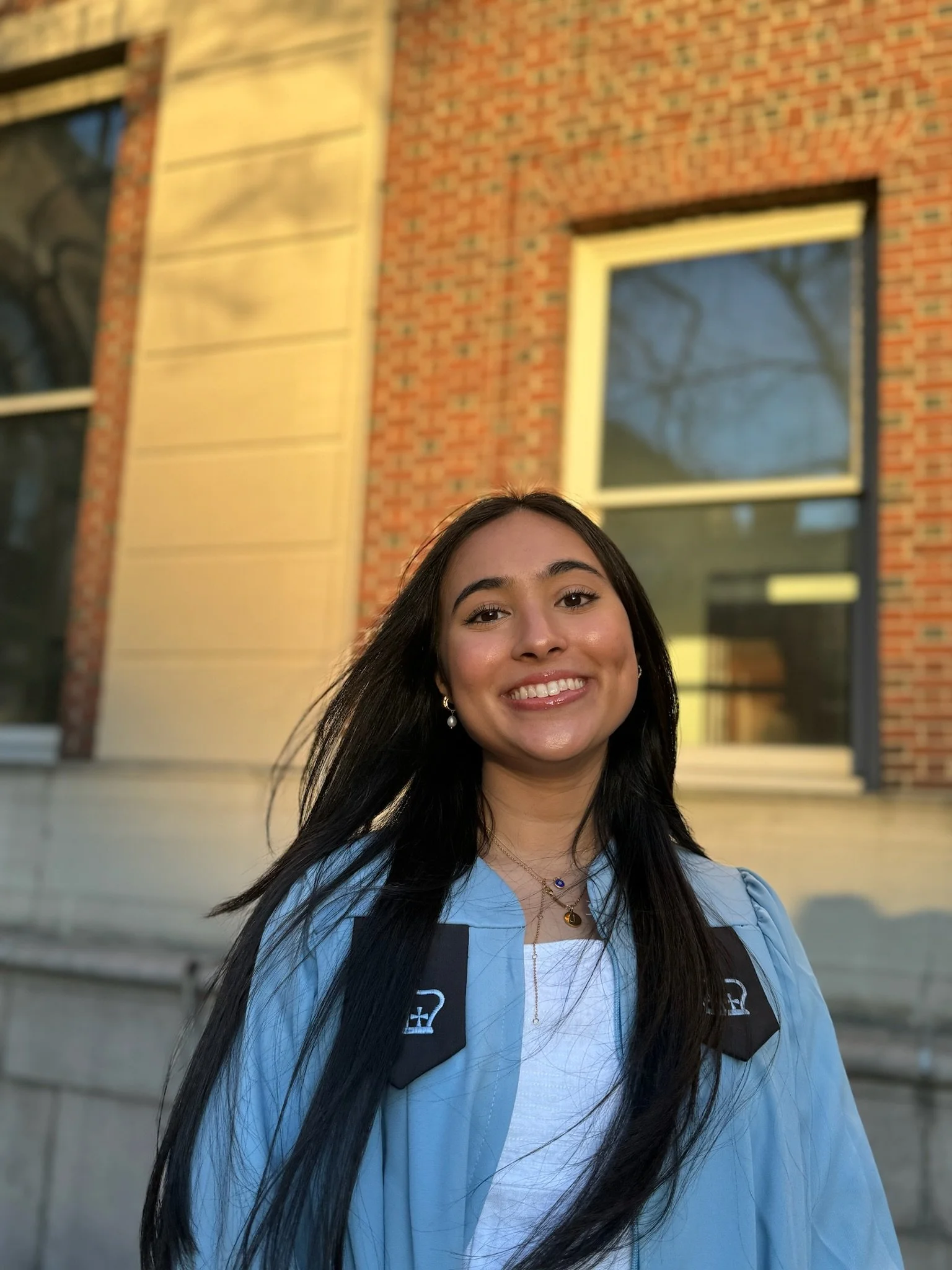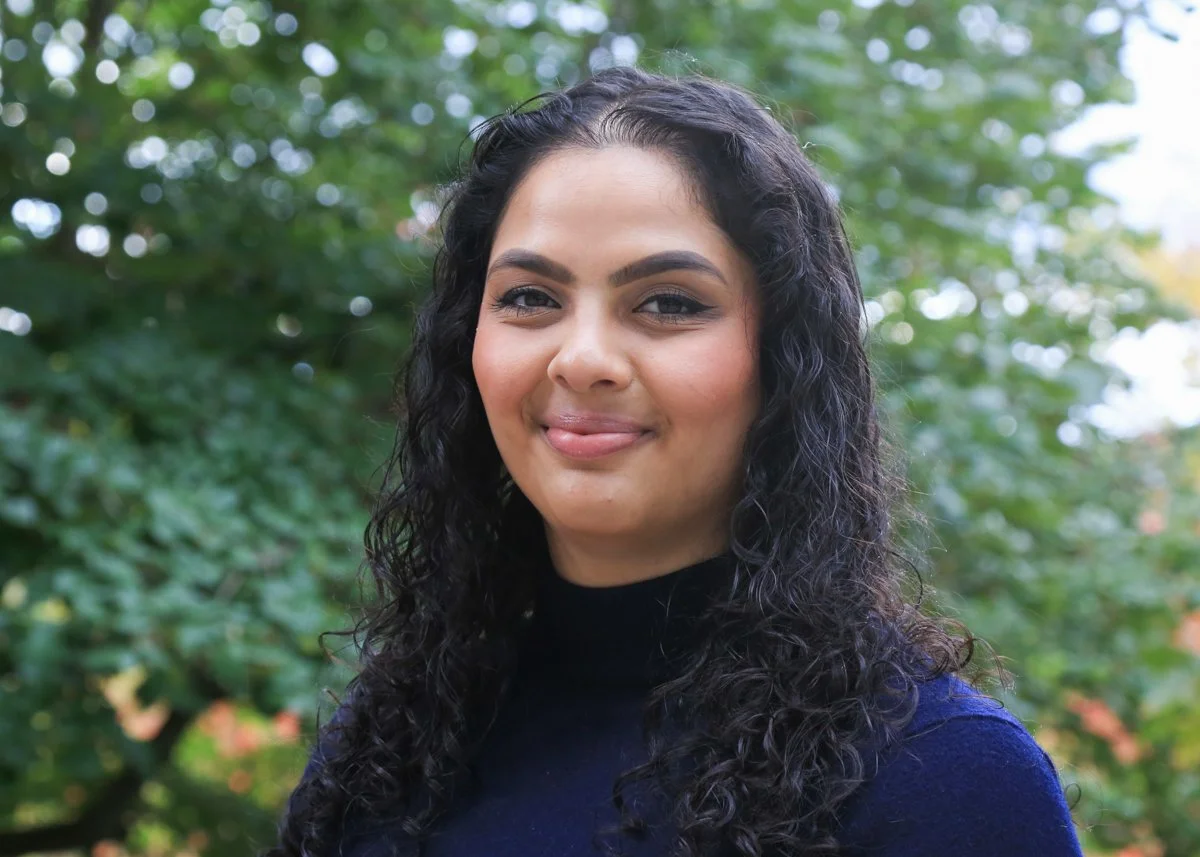The Immigration Policy Climate (IPC) Index tracks U.S. state-level immigration policies that impact immigrants' lives, including their access to benefits, education, employment and identification, and immigration enforcement. The IPC Index draws on systematically collected data on policy enactment from all 50 states and the District of Columbia, covering 14 policies over the 2009–2023 period. This offers the unique opportunity to look at state-level immigration policies in a one year period or over several years.
Methodology
The IPC Index draws on data from state legislatures, policy databases, and academic sources to assess the immigration policy climate at the state level. By coding 714 state policy statuses each year across four domains: access to benefits, education, employment and identification, immigration enforcement, the index provides a comprehensive view of U.S. state-level immigration policy over the period from 2009 to 2023.
Policies are coded as exclusionary (-1), neutral (0), or inclusionary (+1), depending on whether they created barriers or expanded opportunities for immigrants. Exclusionary policies withhold benefits or penalize residents based on their immigration status, while inclusionary policies extend benefits to non-citizens or limit federal mandates that exclude them.
The coding framework used:
-1 = Exclusionary (e.g., withholding benefits)
0 = Neutral (no clear inclusion or exclusion)
+1 = Inclusionary (e.g., extending benefits to immigrants)
Meet the Team
The IPC Team has welcomed new collaborators over the years. The original team includes Goleen Samari, Amanda Nagle, and Kate Coleman-Minahan.
-
Principal Investigator
Goleen Samari is a public health demographer and an Associate Professor in the Department of Population and Public Health Sciences at the University of Southern California. Dr. Samari’s research focuses on several dimensions of social inequalities and health, considering how discrimination, gender inequities, and migration shape population health both domestically and globally. In 2020. Dr. Samari began exploring how to create a measure of structural xenophobia and capture the structural environment for immigrant populations, resulting in the creation of the IPC Index.
-
Co-Investigator
Kate Coleman-Minahan is a social scientist and family nurse practitioner. She is also a research affiliate at the NICHD-funded University of Colorado Population Center (CUPC). She received her PhD in Health and Behavioral Sciences from the University of Colorado Denver and completed a postdoctoral research fellowship with the Texas Policy Evaluation Project (TxPEP) at the University of Texas at Austin. Dr. Coleman-Minahan has worked at the intersection of migration and reproductive health for fifteen years.
-
Co-Investigator
Amanda is a doctoral student in the University of Texas Department of Sociology where she researches access to reproductive justice in the United States. She is a Population Research Center Trainee. Amanda received an MPH at Columbia's Mailman School of Public Health, where she began working with Dr. Samari on creation of the IPC Index. Prior to attending graduate school, she worked as a Mathematical Statistician at the U.S. Census Bureau.
-
Research Coordinator
Evelyn Gonzalez is a Master of Public Health and research coordinator at the University of Southern California, where she supports lab operations for ongoing research projects. She received her MPH from Boston University, with concentrations in Maternal and Child Health and Community Assessment, Program Design, Implementation, and Evaluation.
With a strong interest in reproductive justice and community-based research, Evelyn has contributed to studies at Boston Medical Center and Children’s Hospital Los Angeles that center the experiences of underrepresented patients. Her work draws on a health equity framework to explore barriers to care, examine disparities in health outcomes, and support population-level public health interventions.
-
Research Assistant
Laila Odeh is a Research Associate at the American Institutes for Research, where she supports public health initiatives with a focus on health policy and systems improvement. She earned her Master of Public Health from Columbia University, concentrating in Population and Family Health and Health Policy and Practice, and conducted research with the sidHARTe Lab and the GATE Program. She holds a Bachelor of Arts in Community and Global Public Health from the University of Michigan. Her work is driven by a commitment to improving healthcare access for immigrant and refugee populations in the United States through more equitable and culturally responsive services. Laila helped update the IPC for the years 2020 - 2023.
-
Research Assistant
Anika Kumar is a doctoral candidate at the Heller School for Social Policy and Management at Brandeis University, where she studies the intersections of immigration policy and behavioral health. She is also a recent recipient of the T32 NIAAA training grant. Anika brings a breadth of experience from working with safety-net hospital systems and research institutions, including Boston Medical Center and Cambridge Health Alliance. Most recently, through her work with the Mayor’s Office for Immigrant Advancement in the City of Boston, she has bridged research and policy to promote immigrant inclusion and equitable wellbeing. Anika is helping update the IPC for 2024.







